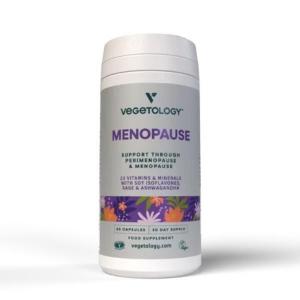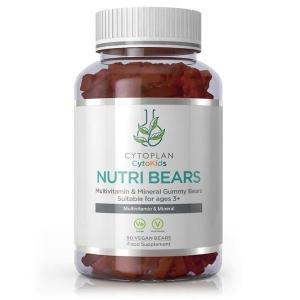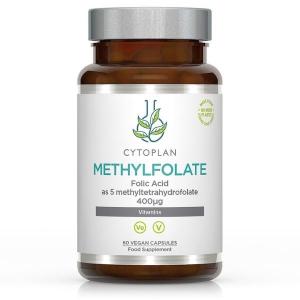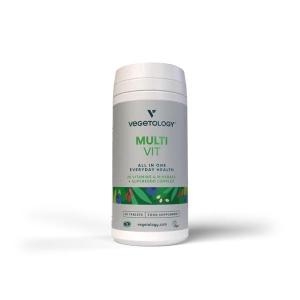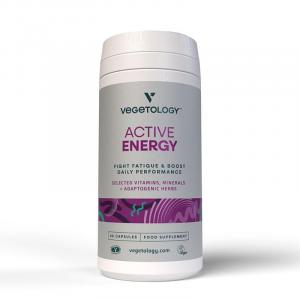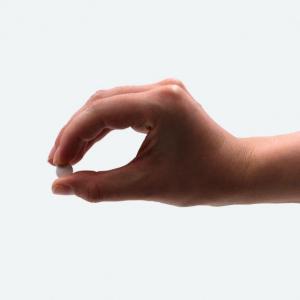
How Apitherapy and Bee Products Can Improve Your Well-being
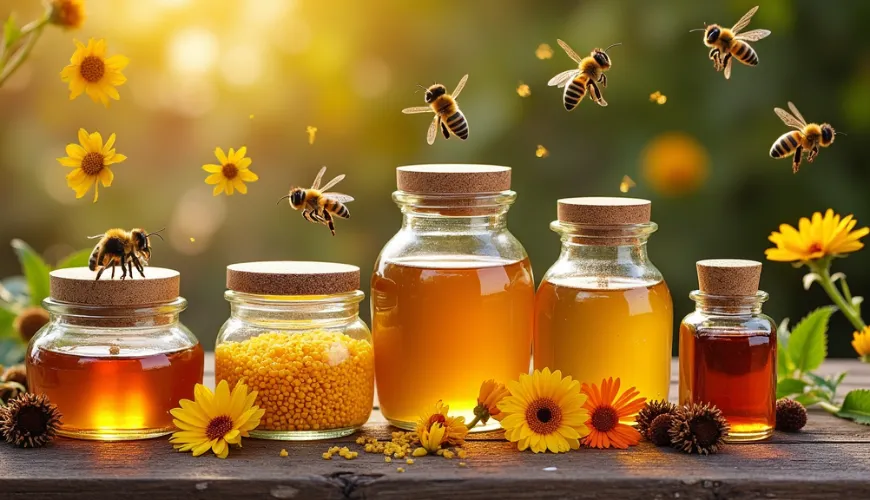
Apitherapy - The Miraculous Power of Bee Products for Health and Well-being
In an era where more people are turning to natural methods to enhance health and seeking more sustainable ways to care for the body and mind, an ancient method known as apitherapy is once again gaining prominence. This healing approach utilizes bee products – honey, propolis, pollen, royal jelly, or bee venom – for the prevention and support of treating various ailments. Apitherapy is not a modern-day innovation. It has roots deep in history, where honey and other bee gifts were considered sacred elixirs of health and strength.
Today, with the significant rise in chronic diseases, stress, and the overload of the immune system, we are returning to bee products with renewed respect. And it's no wonder – they are concentrated natural substances that combine the complexity of nature with a remarkable effect on the human body.
What Does Apitherapy Include?
Apitherapy relies on the complex effects of bee products, each having specific properties and uses. The most well-known is, of course, honey – a sweet, thick liquid associated since childhood with home remedies for colds. But apitherapy goes much further. It also utilizes products that are not often discussed but have a significant impact on health.
Propolis, often called "bee glue," is a powerful natural antibiotic. Bees use it to disinfect the hive, and people use it for inflammation, sore throats, and even wound healing. Royal jelly, a nutritious secretion produced by worker bees, serves as exclusive food for the queen. Thanks to it, the queen lives several times longer than other bees. In human nutrition, it is used as an adaptogen and a means to support vitality and hormonal balance.
Another treasure is bee pollen, which contains almost all essential nutrients – proteins, vitamins, minerals, and enzymes. Regular consumption supports the immune system, improves digestion, and helps with fatigue. Lastly, there is bee venom, mainly used in so-called apipuncture – a special form of therapy similar to acupuncture, where a bee sting is used instead of a needle. This method is primarily used for rheumatic diseases and chronic pain.
Try our natural products
How Does Apitherapy Affect the Body?
In today's world, we often face burdens in the form of stress, environmental toxins, poor diet, and lack of exercise. Bee products offer a way to naturally harmonize the body and mind without immediately resorting to synthetic drugs.
For example, honey contains more than 180 different substances – enzymes, amino acids, minerals, and vitamins. As a result, it has anti-inflammatory, antibacterial, and antioxidant effects. Regular use can help reduce cholesterol levels, support digestion, improve sleep, and elevate mood.
Propolis is also not far behind. Studies show that propolis is rich in flavonoids and other bioactive substances that strengthen the immune system and act against viruses and fungi. For people who suffer from recurrent infections or mouth ulcers, propolis spray can be an irreplaceable helper.
Royal jelly is known for its effect on hormonal balance – especially in women during menopause. It helps manage hot flashes, mood swings, fatigue, and anxiety. Some research even suggests that royal jelly may positively influence fertility.
An interesting practical example is the story of a woman suffering from chronic sinusitis. After years of antibiotics and unsuccessful treatments, she turned to apitherapy. She began taking bee pollen and propolis, and within a few months, the frequency of infections significantly decreased. Her immunity strengthened to the point where she could get through the winter without a single doctor's visit. Stories like this confirm that bee products can be a truly effective part of everyday prevention.
Ethical Aspects and Sustainability of Apitherapy
Nowadays, when more people are concerned not only about their health but also about the impact of their lifestyle on the planet, the question arises: Is apitherapy sustainable? The answer is – yes, if bees and their products are approached with respect.
Properly managed beekeeping can be not only ecological but even beneficial for biodiversity. Bees play a crucial role in pollinating plants, thus contributing to maintaining balance in natural ecosystems. However, this places great responsibility on beekeepers. It is important that products like royal jelly or bee venom are obtained in a way that does not endanger bees.
Today, there are many certified organic bee products on the market that guarantee gentle handling of bees and high quality. If one chooses products from verified sources, apitherapy can be not only beneficial to health but also ethically clean.
How to Start with Apitherapy?
There's no need to immediately undergo apipuncture or embark on complex detoxification regimens. It's enough to start lightly – for instance, by incorporating quality raw honey into your daily diet, ideally in the morning on an empty stomach or as a natural sweetener in herbal tea. Propolis drops or spray are useful in the home medicine cabinet, especially in autumn and winter.
For those suffering from stress or hormonal imbalance, it may be interesting to try royal jelly in capsules or fresh form. And if one is looking for comprehensive body strengthening, bee pollen is an excellent supplement – just one teaspoon a day.
However, it is always important to listen to your body. People with allergies to bee products should be cautious – and in case of doubt, consult a doctor or a natural treatment specialist.
As Hippocrates wrote: “Let food be thy medicine and medicine be thy food.” Bee products perfectly embody this philosophy.
Apitherapy is not just about treating diseases but primarily about cultivating a relationship with nature, oneself, and the rhythm of life. Bees show us the way to harmony, which begins with small steps – for example, with a spoonful of honey in morning tea, which can be much more than just a sweetener. It can be a symbol of returning to roots, to nature, and to oneself.
